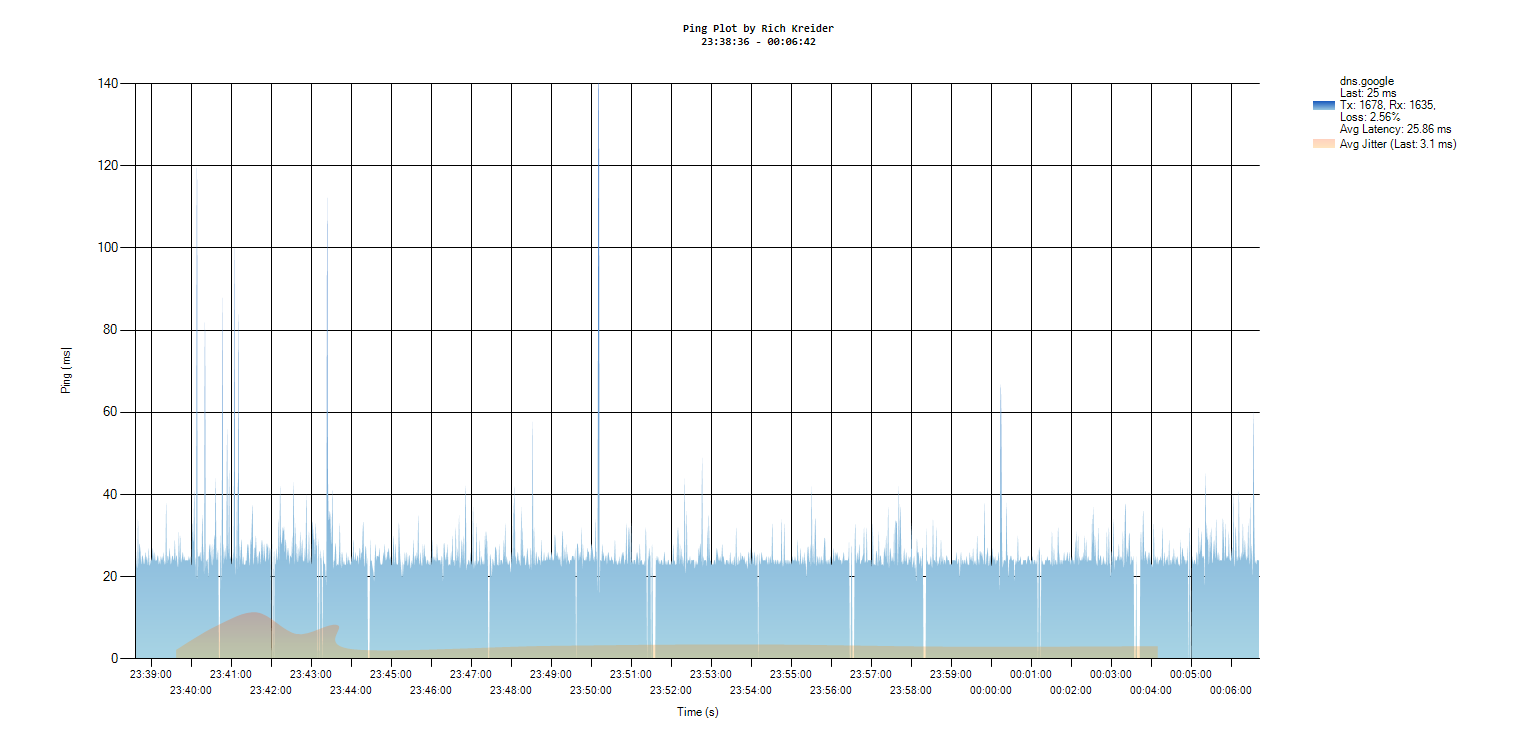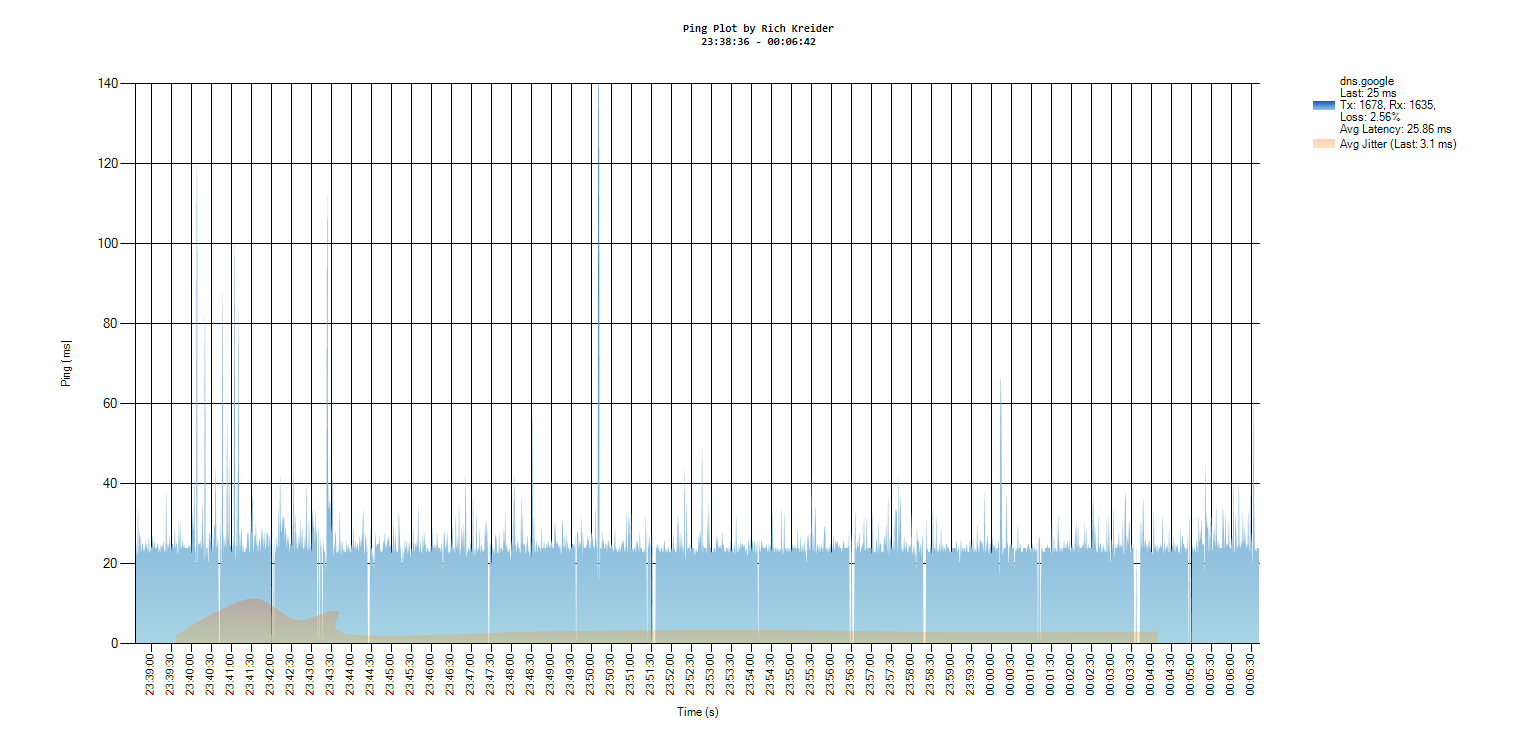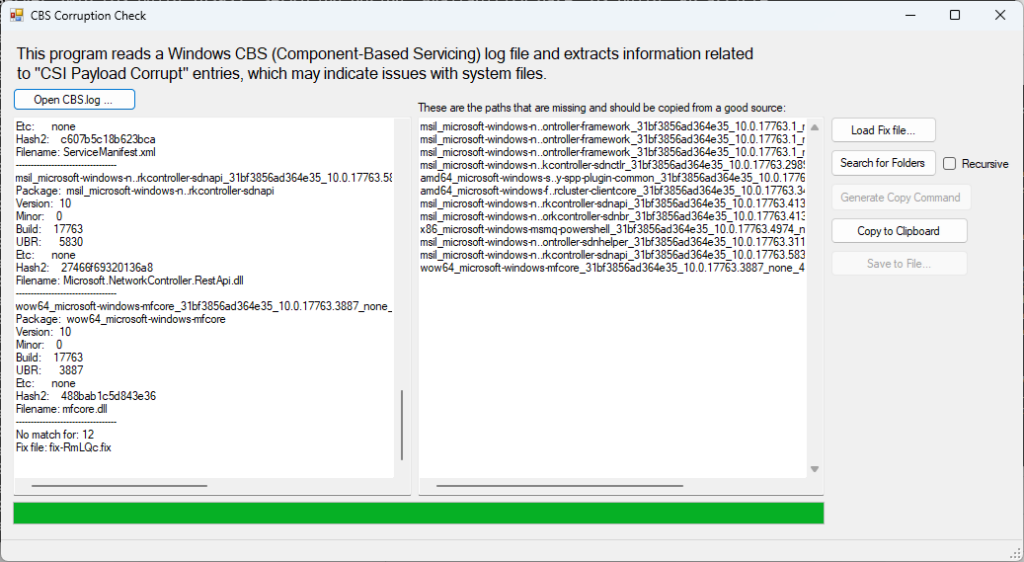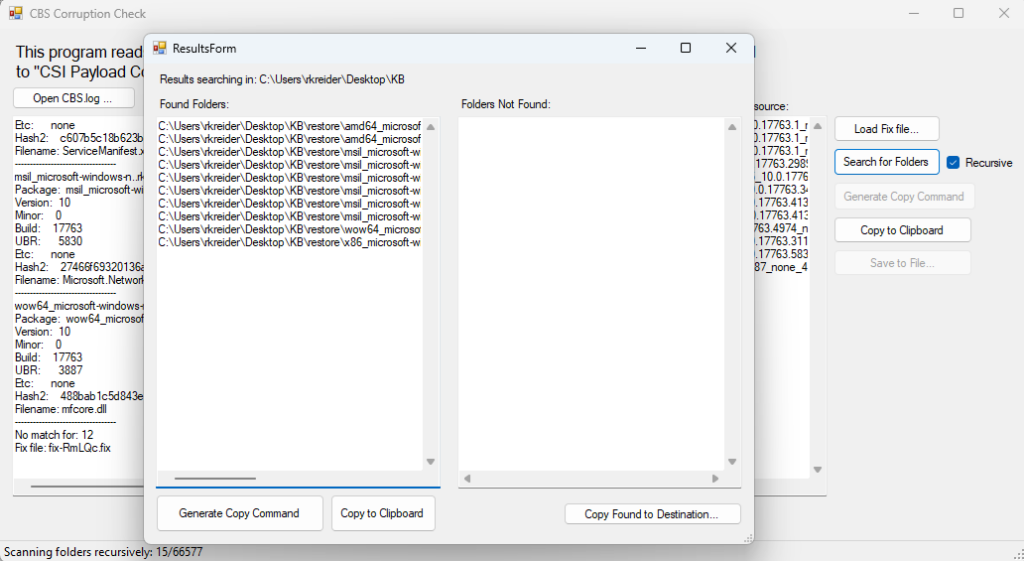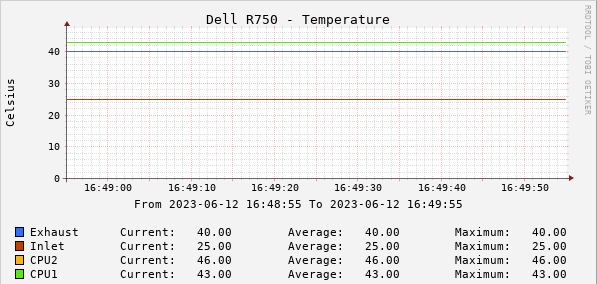The following port scanner C code checks approximately 65535 ports in about 15 seconds on-network.
#include <stdio.h>
#include <stdlib.h>
#include <netinet/in.h>
#include <string.h>
#include <sys/socket.h>
#include <arpa/inet.h>
#include <unistd.h>
#include <fcntl.h>
#include <errno.h>
#include <netdb.h>
#include <sys/types.h>
#include <sys/time.h>
#include <sys/ioctl.h>
#include <sys/wait.h>
#define MAX_PORTS 65535
#define MAX_SOCKETS 1023
// gcc -o portscanner portscanner.c
int scan_port(const char* host, int port) {
struct sockaddr_in server;
int sock;
sock = socket(AF_INET, SOCK_STREAM, 0);
if (sock == -1) {
perror("socket");
return -1;
}
server.sin_addr.s_addr = inet_addr(host);
server.sin_family = AF_INET;
server.sin_port = htons(port);
int flags = fcntl(sock, F_GETFL, 0);
fcntl(sock, F_SETFL, flags | O_NONBLOCK);
if (connect(sock, (struct sockaddr *)&server, sizeof(server)) == -1) {
if (errno != EINPROGRESS) {
perror("connect");
return -1;
}
}
fd_set fdset;
struct timeval tv;
FD_ZERO(&fdset);
FD_SET(sock, &fdset);
tv.tv_sec = 0;
tv.tv_usec = 200000; // Timeout of 200ms
int select_ret = select(sock + 1, NULL, &fdset, NULL, &tv);
if (select_ret == -1) {
perror("select");
return -1;
}
else if (select_ret == 0) {
close(sock);
return 0;
}
// Connection successful, port is open
close(sock);
return 1;
}
void scan_ports(const char* host, int start_port, int end_port) {
int num_sockets = 0;
int port;
for (port = start_port; port <= end_port; port++) {
pid_t pid = fork();
if (pid == -1) {
perror("fork");
exit(EXIT_FAILURE);
} else if (pid == 0) {
// Child process
int result = scan_port(host, port);
if (result == 1) {
printf("Port %d is open\n", port);
}
exit(EXIT_SUCCESS);
} else {
// Parent process
num_sockets++;
if (num_sockets >= MAX_SOCKETS) {
wait(NULL);
num_sockets--;
}
}
}
}
int main(int argc, char* argv[]) {
if (argc < 3 || argc > 4) {
printf("Usage: %s <host> <port/start_port> [end_port]\n", argv[0]);
return 1;
}
const char* host = argv[1];
int start_port = atoi(argv[2]);
int end_port;
if (argc == 4) {
end_port = atoi(argv[3]);
if (start_port < 1 || start_port > MAX_PORTS || end_port < 1 || end_port > MAX_PORTS || start_port > end_port) {
printf("Invalid port range.\n");
return 1;
}
} else {
end_port = start_port;
if (start_port < 1 || start_port > MAX_PORTS) {
printf("Invalid port.\n");
return 1;
}
}
printf("Scanning ports %d to %d on host %s...\n", start_port, end_port, host);
scan_ports(host, start_port, end_port);
return 0;
}
Here is a Windows version; it is much slower.
// CFLAGS="-static-libgcc -static-libstdc++ -03"
// i686-w64-mingw32-gcc -o portscanner.exe portscanner_win32.c -lws2_32
#include <stdio.h>
#include <stdlib.h>
#include <string.h>
#include <winsock2.h>
#include <ws2tcpip.h>
#include <process.h>
#pragma comment(lib, "ws2_32.lib")
#define MAX_PORTS 65535
typedef struct {
const char* host;
int start_port;
int end_port;
} ScanParams;
int scan_port(const char* host, int port) {
WSADATA wsaData;
SOCKET sock;
struct sockaddr_in server;
if (WSAStartup(MAKEWORD(2, 2), &wsaData) != 0) {
perror("WSAStartup");
return -1;
}
sock = socket(AF_INET, SOCK_STREAM, 0);
if (sock == INVALID_SOCKET) {
perror("socket");
WSACleanup();
return -1;
}
server.sin_addr.s_addr = inet_addr(host);
server.sin_family = AF_INET;
server.sin_port = htons(port);
u_long nonblocking = 1;
if (ioctlsocket(sock, FIONBIO, &nonblocking) != 0) {
perror("ioctlsocket");
closesocket(sock);
WSACleanup();
return -1;
}
if (connect(sock, (struct sockaddr*)&server, sizeof(server)) == SOCKET_ERROR) {
int error = WSAGetLastError();
if (error != WSAEWOULDBLOCK) {
perror("connect");
closesocket(sock);
WSACleanup();
return -1;
}
}
fd_set fdset;
struct timeval tv;
FD_ZERO(&fdset);
FD_SET(sock, &fdset);
tv.tv_sec = 0;
tv.tv_usec = 200000; // Timeout of 200ms
int select_ret = select(0, NULL, &fdset, NULL, &tv);
if (select_ret == SOCKET_ERROR) {
perror("select");
closesocket(sock);
WSACleanup();
return -1;
} else if (select_ret == 0) {
closesocket(sock);
WSACleanup();
return 0;
}
// Connection successful, port is open
closesocket(sock);
WSACleanup();
return 1;
}
unsigned int __stdcall scan_ports_thread(void* params) {
ScanParams* scanParams = (ScanParams*)params;
const char* host = scanParams->host;
int start_port = scanParams->start_port;
int end_port = scanParams->end_port;
int port;
for (port = start_port; port <= end_port; port++) {
int result = scan_port(host, port);
if (result == 1) {
printf("Port %d is open\n", port);
}
}
_endthreadex(0);
return 0;
}
void scan_ports(const char* host, int start_port, int end_port, int num_threads) {
int ports_per_thread = (end_port - start_port + 1) / num_threads;
int remaining_ports = (end_port - start_port + 1) % num_threads;
int thread;
HANDLE* scanThreads = malloc(num_threads * sizeof(HANDLE));
ScanParams* scanParams = malloc(num_threads * sizeof(ScanParams));
for (thread = 0; thread < num_threads; thread++) {
scanParams[thread].host = host;
scanParams[thread].start_port = start_port + thread * ports_per_thread;
scanParams[thread].end_port = scanParams[thread].start_port + ports_per_thread - 1;
if (thread == num_threads - 1) {
// Assign remaining ports to the last thread
scanParams[thread].end_port += remaining_ports;
}
scanThreads[thread] = (HANDLE)_beginthreadex(NULL, 0, scan_ports_thread, &scanParams[thread], 0, NULL);
}
// Wait for all threads to finish
WaitForMultipleObjects(num_threads, scanThreads, TRUE, INFINITE);
free(scanThreads);
free(scanParams);
}
int main(int argc, char* argv[]) {
if (argc < 3 || argc > 5) {
printf("Usage: %s <host> <port/start_port> [end_port] [num_threads]\n", argv[0]);
return 1;
}
const char* host = argv[1];
int start_port = atoi(argv[2]);
int end_port;
int num_threads = 25;
if (argc >= 4) {
end_port = atoi(argv[3]);
if (argc == 5) {
num_threads = atoi(argv[4]);
}
} else {
end_port = start_port;
}
if (start_port < 1 || start_port > MAX_PORTS || end_port < 1 || end_port > MAX_PORTS || start_port > end_port) {
printf("Invalid port range.\n");
return 1;
}
printf("Scanning ports %d to %d on host %s using %d thread(s)...\n", start_port, end_port, host, num_threads);
scan_ports(host, start_port, end_port, num_threads);
return 0;
}


